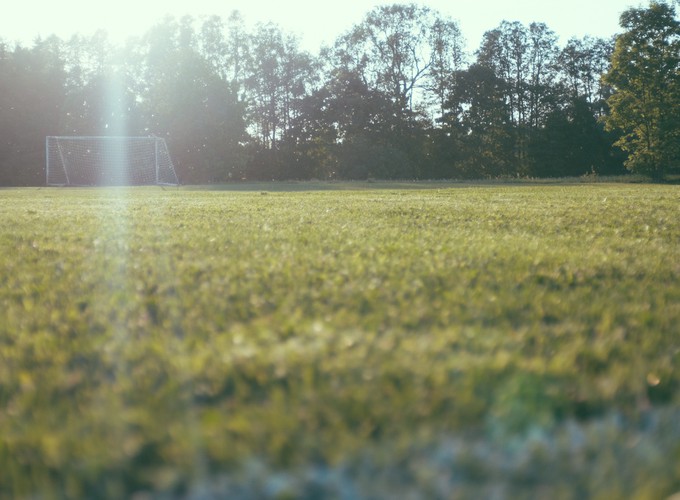Sport is in many ways, a dress rehearsal for life; be it receiving feedback, learning about one’s roles, responsibilities, obligations, and expectations; developing discipline, organisation, and communication; or experiencing highs and lows, victory and defeat. However, sport in as of itself is not a teacher. Sport merely provides opportunities for teachable moments. Further, as an intrinsically motivating and concentration-inducing activity, sport may provide an important context to engage the disengaged (Petitpas, Cornelius, Raalte, & Jones, 2005). When the aim is to use sport as a vehicle for life skill development, Petitpas et al. (2005) suggest it is best organised around the principles of Positive Youth Development (PYD). That is, through appropriately structured environments, that utilise caring adult mentors, and a positive social group or community. Despite an abundance of research examining coaching and group dynamics, there is an absence of research exploring how best to structure the sporting environment to maximise life skill development or create opportunities to transfer said skills beyond sport. In addressing this important topic, the proposed research will will investigate the use of sport to develop psychosocial competencies (e.g., leadership, teamwork, resilience) with a view of positively influences classroom behaviours and attitudes towards learning.
Developing Positive Classroom Behaviours and Attitudes Towards Learning through Sport
